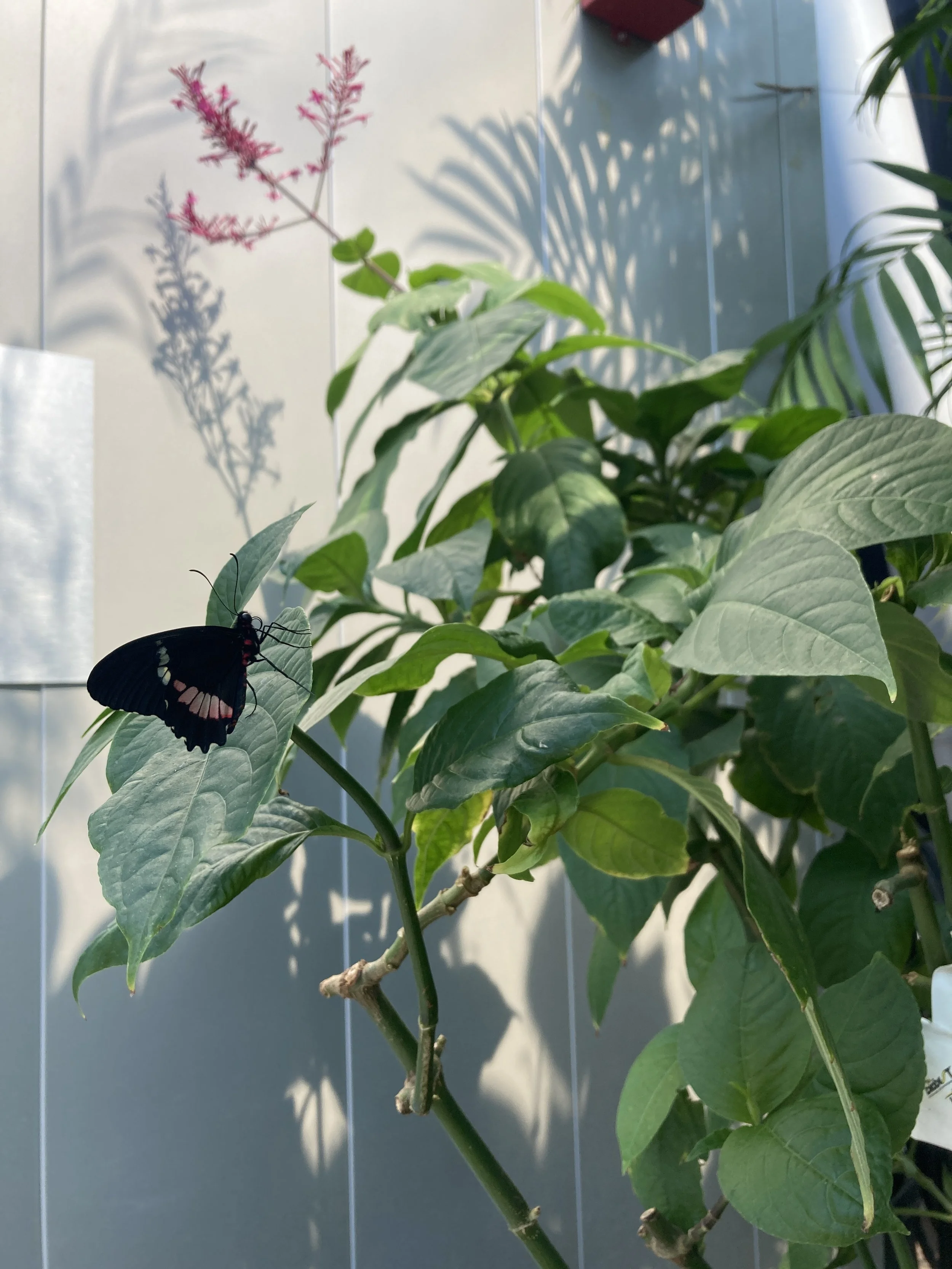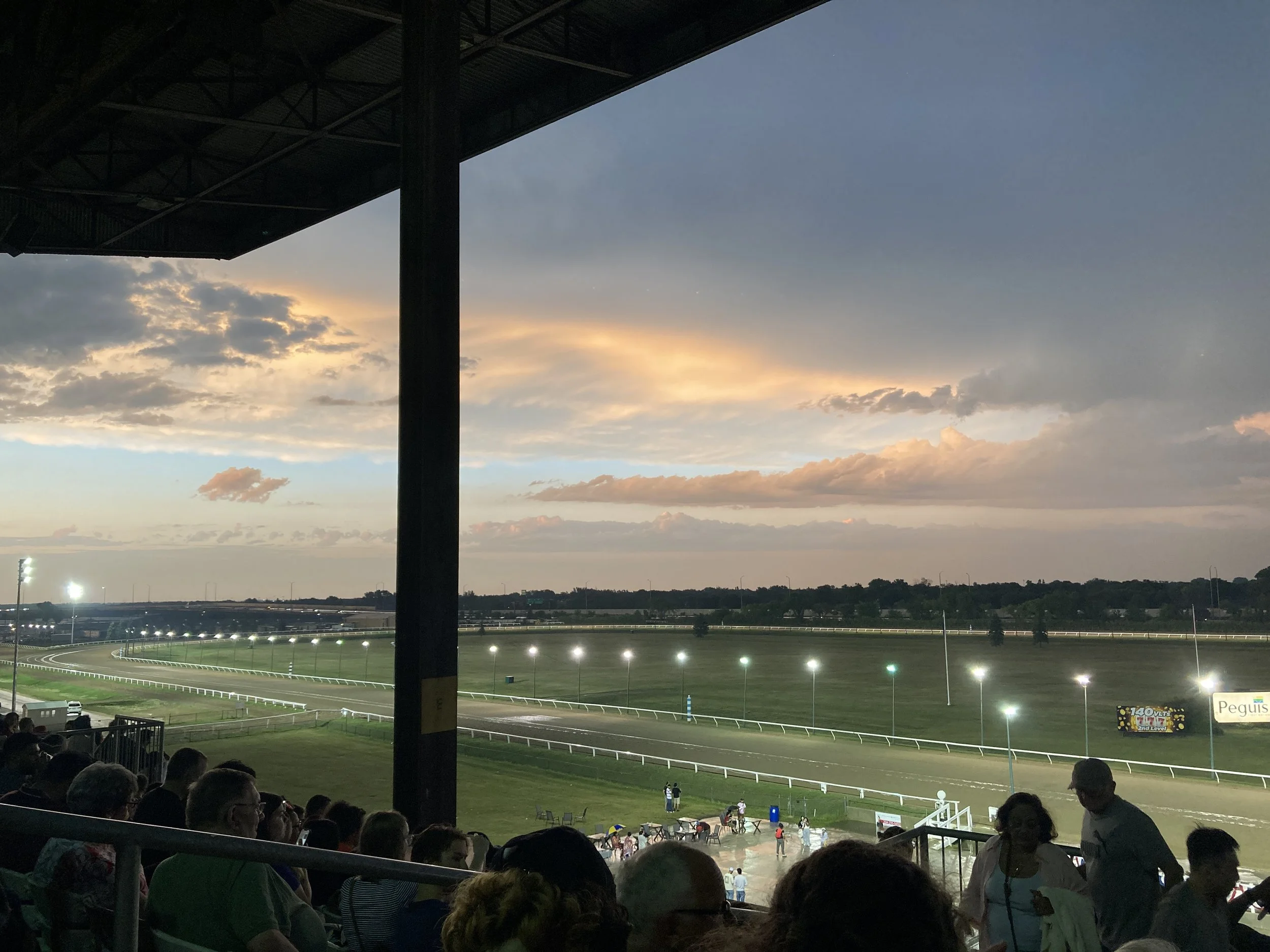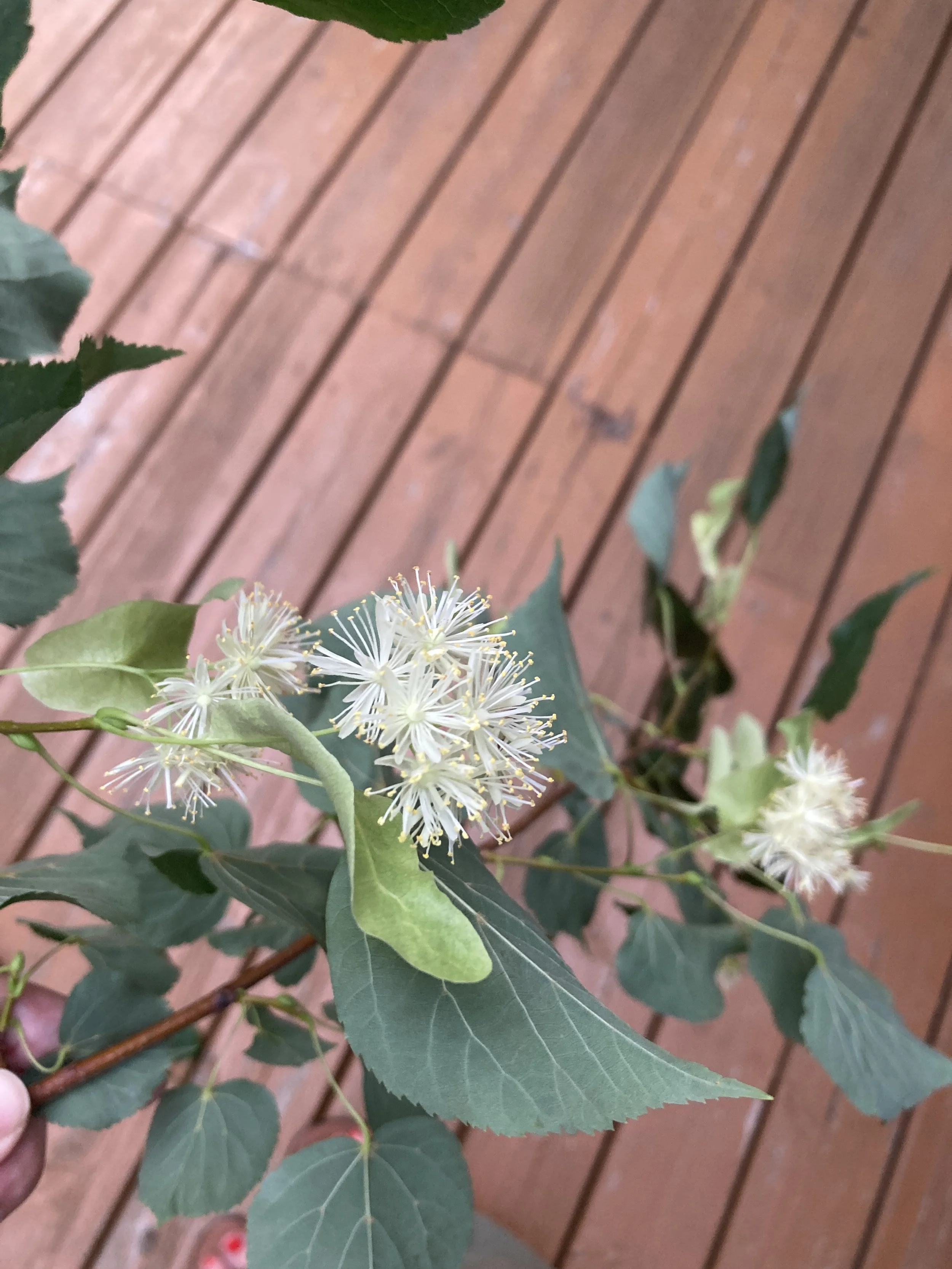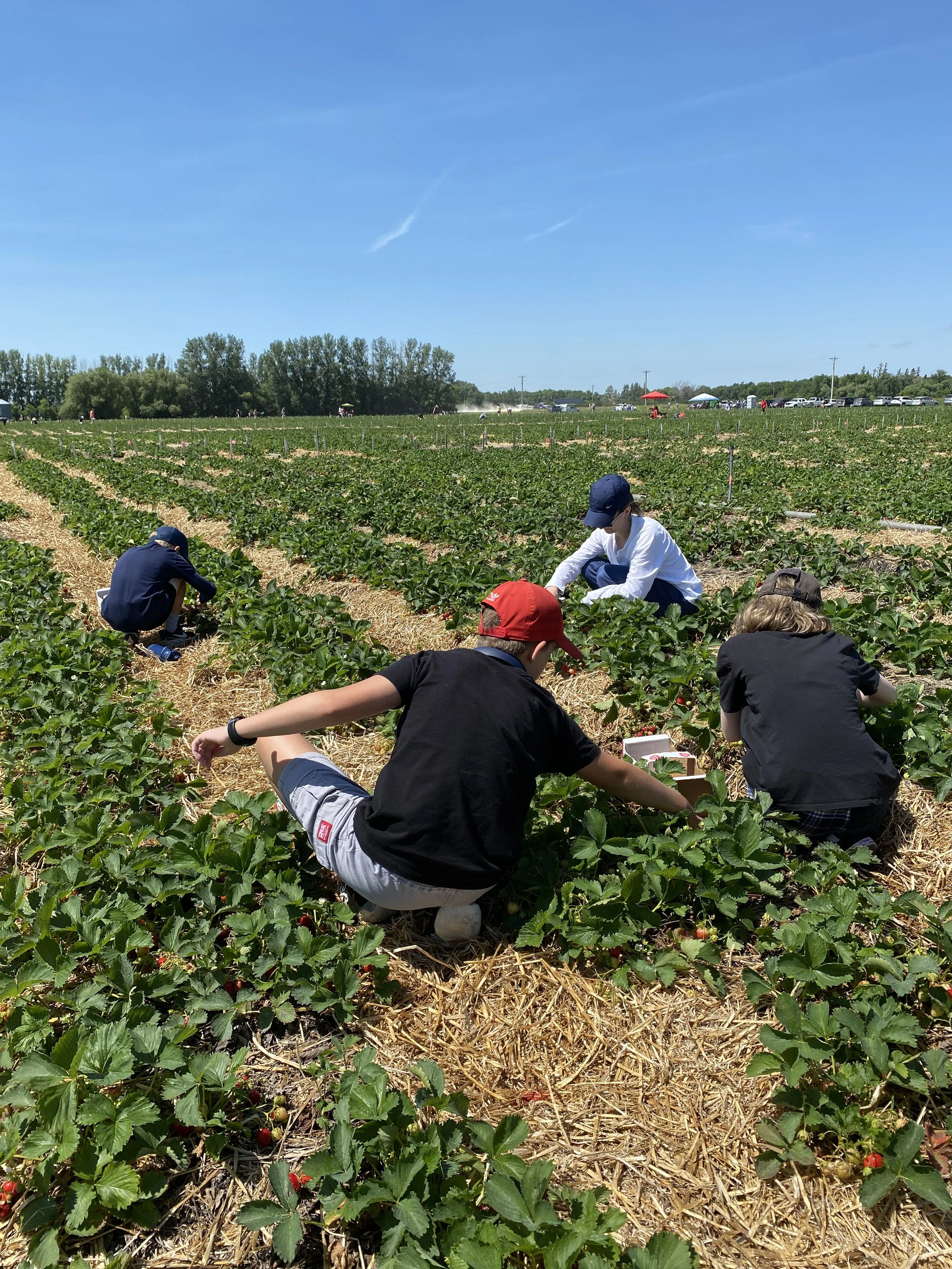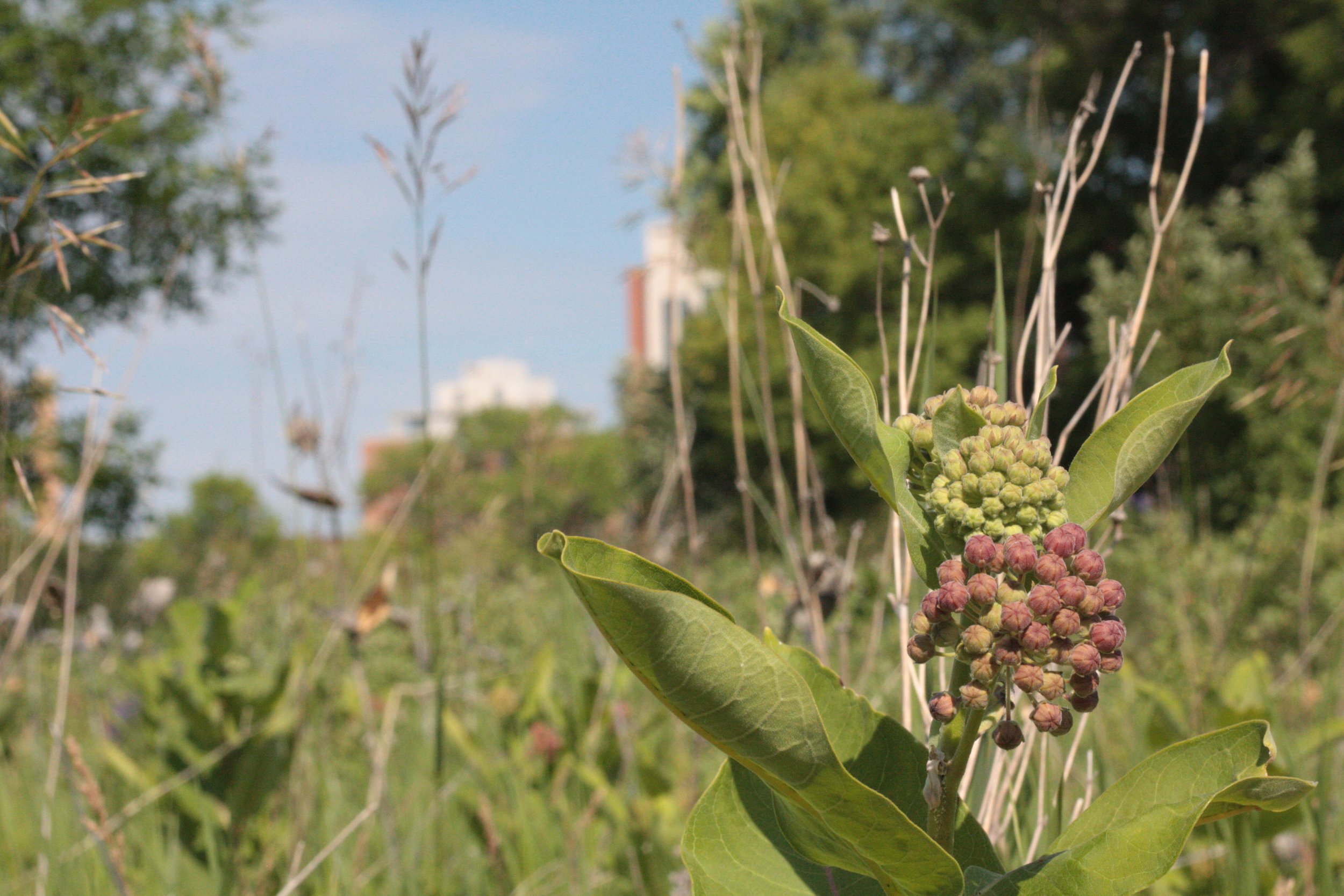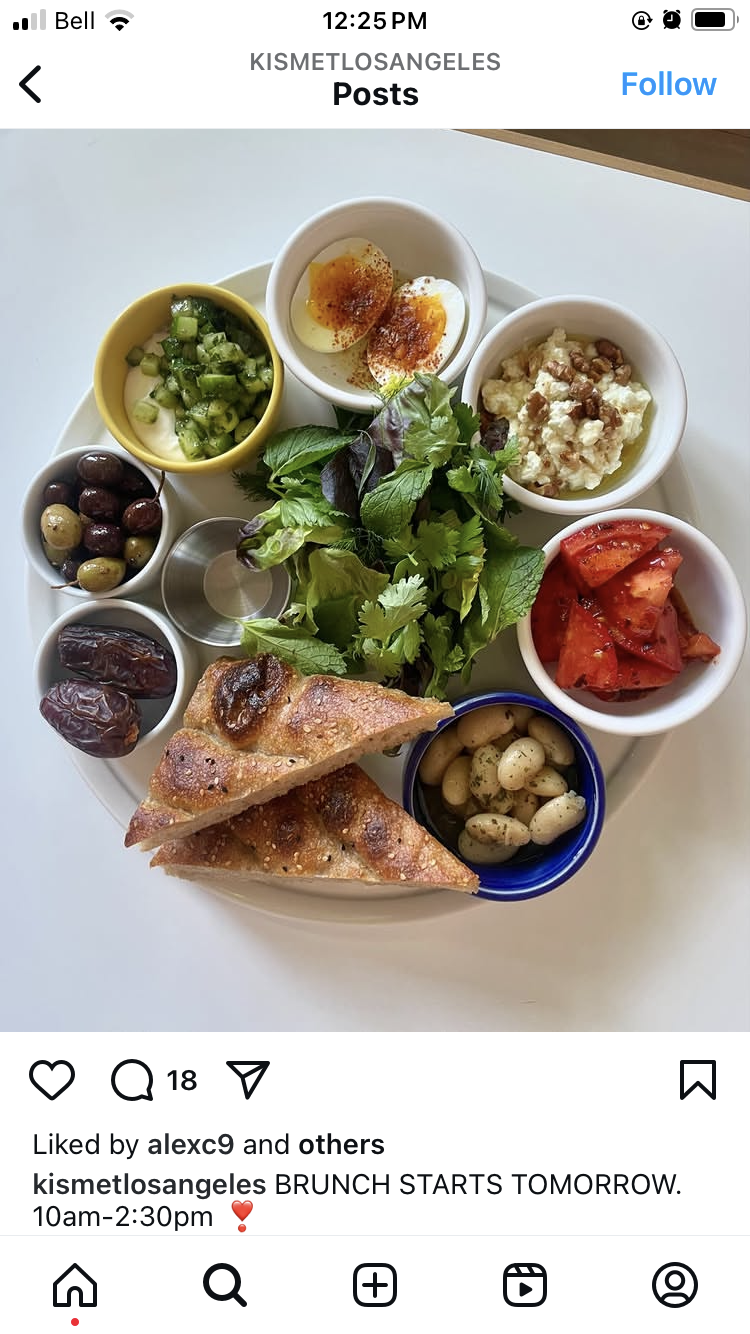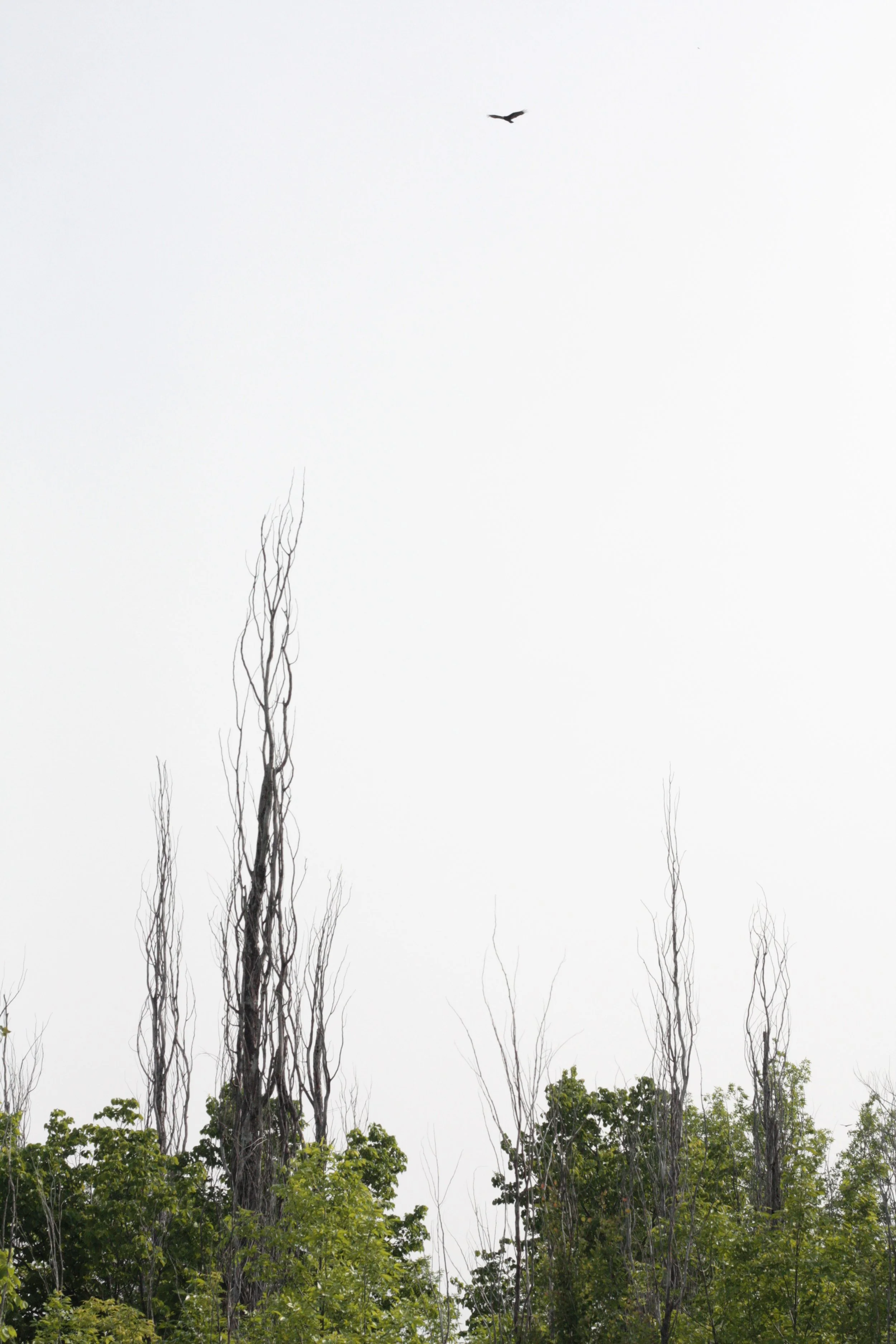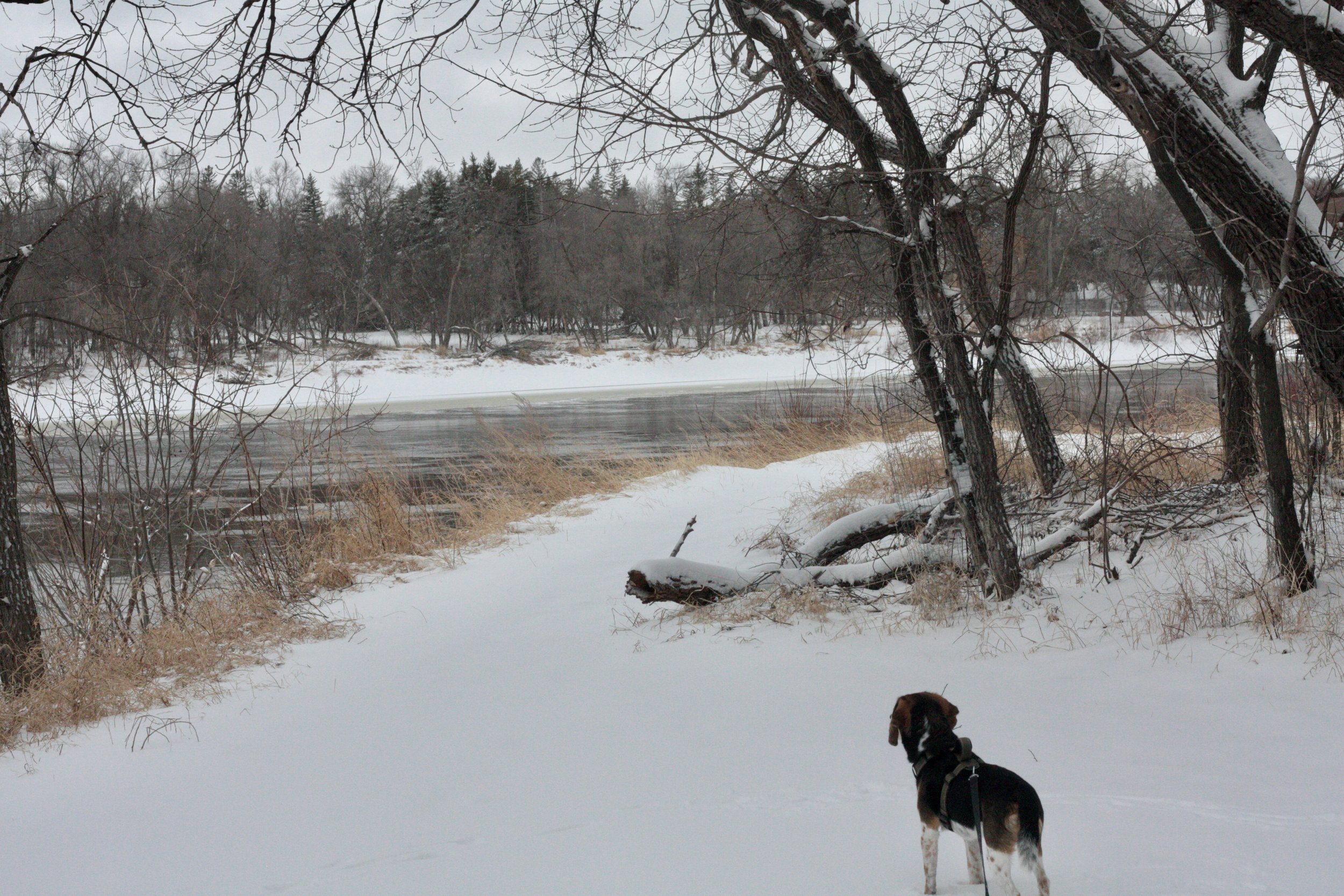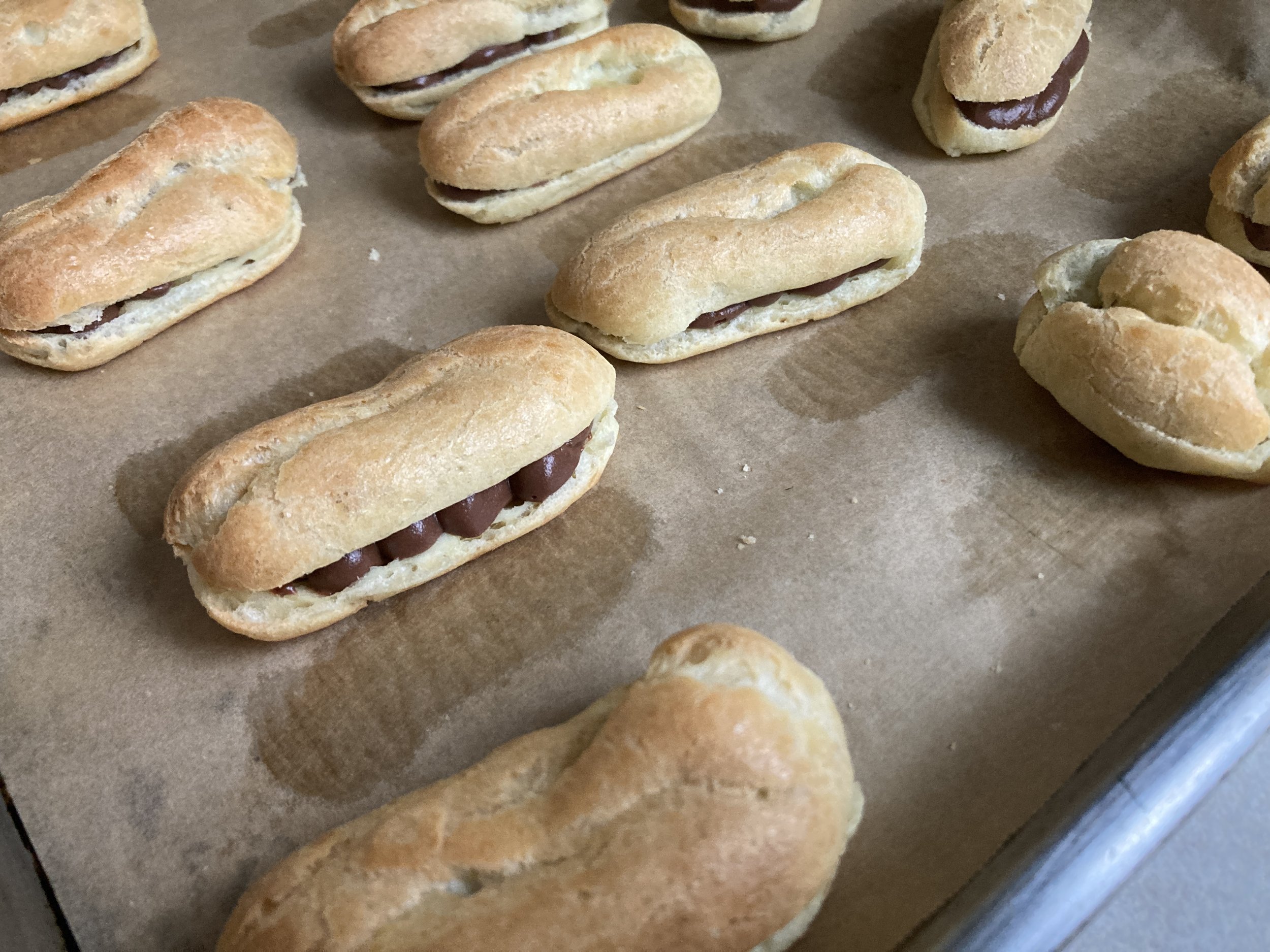I finished reading the Power Broker! Granted, I started during pandemic lockdown and listed it as a resolution in 2024…. By January 1st of this year, I had only 375 pages left to read. It’s a big book, not only heavy and over a thousand pages long… the pages themselves are large and packed with words. For university, I remember timing myself and finding that for one of Peter Gay’s books on the Enlightenment, I could read 50 pages in an hour. With the Power Broker I averaged 25.
I don’t live in New York and I don’t know if I’ll ever visit it, but The Power Broker is fascinating because it is a biography, because the subject in question is (I strongly suspect) a narcissist, and because the author, Robert Caro, is an amazing writer and researcher.
My favourite chapter (titled “And When the Last Law Was Down”) incorporates a description of one of Moses’ traits (vicious personal attacks), a description of a historic park (The Battery), his plan to build a bridge through it and the author’s description of a lesson of moral responsibility (letting ends justify means).
First, Caro describes the park. He begins: “Sunlight, serenity, a sense of the sea - and something more. For walk into Battery Park at its Broadway entrance and staring at you, at the end of a long, broad grande allée, was an odd-looking building.” (650) He describes the building and he describes its history and I like all of it, but the park’s website does a great job of condensing everything with the help of visuals here: The Battery. Caro says, it was important, because: “In New York in which the old was ruthlessly demolished to make way for the new, the fort was pricelessly rich in ghosts of the city's great past.” (652)
I was listening to The 99% Invisible podcast series breakdown of The Power Broker, and the host in the 7th episode dealing with this chapter, Roman Mars, is a little critical of Caro’s invocation of historical ghosts. He says:
I do think that some of this reverie about, like, George Washington once walked here, and Lafayette had a brownstone nearby, is often used to stop cities working for people of the modern day. When you have so much reverence for history, […] nothing can move forward, and cities also need to function for the people who live today, and so it’s always a balance. […] When I read this, I can totally hear that in this case, it is the right argument for stopping the wrong project. But often, this is the wrong argument used to stop the right project.
It’s a comment among many that illustrates one of the reasons why I enjoyed this 99% Invisible podcast series… They balance Caro’s work, now published 50 years ago, against a modern-day perspective.
But back to quotes.
Moses wants to build a bridge:
Sunshine, serenity, a sense of sea, a sense of history - build the bridge that Robert Moses wanted to build and they would be accessible to the streets of Lower Manhattan no longer. Build that bridge and the vista of New York Harbor would be destroyed, the majestic harbor sweep thrown into shadow, the sheer-rising skyscraper mass slashed in half and blocked, on of the wonders of the world turned into mere, rather unimportant backdrop for just another East River bridge not very different from the three others just behind it. (653)
A group of reformers, as Caro describes them, tried to stop him, by trying to convince him that a tunnel was better. Moses didn’t like tunnels, he preferred bridges and he met their efforts with derision. In this case, he insulted their members:
As for the vicious personal attacks, Moses had been making vicious personal attacks for years. The only difference was that this time the target was them - and they therefore saw how unfair the attacks were. Previously they had laughed indulgently at Moses' propensity for personal vituperation, regarding it as a harmless idiosyncrasy; perhaps, when one took into account all the crooked politicians, hack bureaucrats and selfish private individuals with whom Moses had to deal, even admirable. In that laughter and that indulgence was a feeling that Moses' methods, however distasteful, however antithetical to their principles, were justified by the difficulties he had to surmount to Get Things Done. (669)
Realizing at one point that they would not get through to him, no matter the arguments they used, some were shocked. But Caro writes, “They had no justification for such an emotion.” (669) Moses had not changed; it was they who were wrong for thinking he could or even should. And this is the moral lesson I love. To illustrate it, Caro refers to a movie my dad liked:
In A Man for All Seasons, Sir Thomas More warns young Roper about the consequences of letting ends justify means. When the young man says he would "cut down every law in England" to "get after the Devil," More replies: "Oh? And when the last law was down, and the Devil turned round on you - where would you hide, Roper, the laws all being flat?" The reformers could have benefited from More's warning. Robert Moses was of course not a Devil, but to give Moses power in the city, they had cut down the "laws" in which they believed. Now those laws no longer existed to protect the city from him. For the reformers and the city they loved, there was no place to hide. There was nothing the city, opposed to the bridge, could do to keep Moses from building it. (671)
I really enjoyed this book. I’ve enjoyed the discussion around it and the special 50th-anniversary interviews Caro has done for it. Tangentially, I’ve also been enjoying Rob Stephenson’s newsletter “The Neighborhoods” because it blends photography and history so nicely but it’s also studded with the present-day realities of Moses’ building projects.
—
Other things: We really liked Suzanne Goin’s Lemon Tart (made with regular lemons), which can be seen here.
Since spending less time on social media, I feel like I can relate to this, and the article she links to here.

